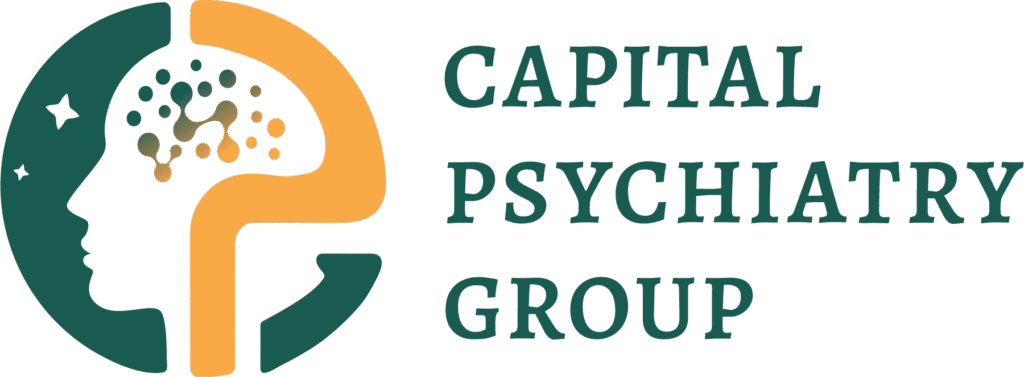Eating Disorder Treatment
Eating Disorder Treatment
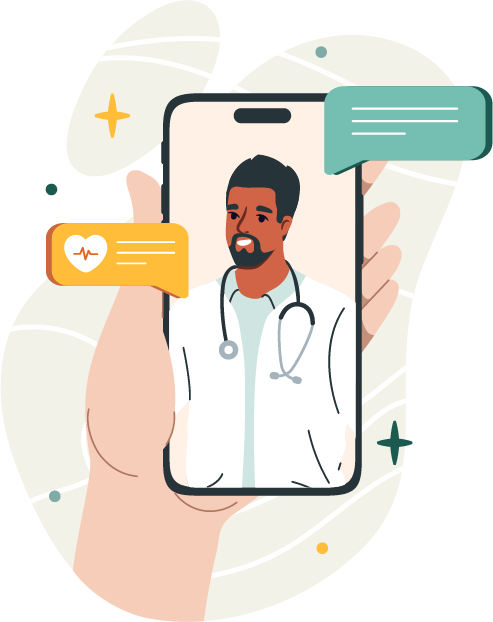
Body Image Consuming You? Regain Self-Worth with CPG
- Break the cycle of restriction, bingeing, or purging
- Reduce the anxiety and obsessive thoughts tied to food and body image
- Improve self-esteem and rebuild healthy coping skills
- Prevent long-term medical complications linked to disordered eating

Types of Eating Disorders We Treat
Eating disorders are often misunderstood medical and psychiatric conditions. They can cause malnutrition, heart problems, anxiety, depression, and in severe cases, life-threatening complications. Common eating disorder include:
Anorexia Nervosa:
Restriction of food intake, extreme weight loss, and distorted body image.
Bulimia Nervosa:
Cycles of binge eating followed by purging behaviors.
Binge Eating Disorder:
Frequent overeating episodes with feelings of shame or lack of control.
ARFID (Avoidant/Restrictive Food Intake Disorder):
A kind of eating habit that is not tied to body image, but it still causes health issues.
OSFED (Other Specific Feeding or Eating Disorder):
In this type, the eating patterns are mixed. They don’t fit into one diagnosis criterion, but still, they require treatment.
Signs and Symptoms of Eating Disorders
Symptoms of Anorexia Nervosa
- Significant weight loss or failure to maintain healthy body weight
- Preoccupation with food, calories, or dieting
- Distorted body image, considering oneself as overweight, (wrongly)
- Avoiding meals, skipping social events with food
- Excessive exercise or strict food rituals
- Feeling cold, fatigue, or dizziness from malnutrition
Symptoms of Bulimia Nervosa
- Feeling out of control during eating
- Self-induced vomiting, use of laxatives, or diuretics
- Frequent trips to the bathroom after meals
- Swollen cheeks, sore throat, or dental issues from purging
- Preoccupation with weight and body shape
Symptoms of Binge Eating Disorder
- Eating much more rapidly than normal
- Consuming large amounts of food even when not hungry
- Eating until uncomfortably full
- Eating alone due to shame or embarrassment
- Feelings of guilt, disgust, or depression after binge episodes
- Weight fluctuations or obesity-related complications
How We Diagnose & Treat Eating Disorders
- Comprehensive Virtual/onsite Assessment: CPG professionals will review your medical history and look for any other co-occurring conditions.
- Structured Clinical Interview: Our mental health professionals will ask questions about how you feel after binge eating, about your eating habits, and more.
- Personalized Medication Management: If an eating disorder is diagnosed, our professionals will prescribe and monitor medications (when needed). They will help regulate mood, appetite, and anxiety.
- Psychotherapy Referrals & Coordination: Our personalized treatment plan includes therapies and counseling services like CBT, DBT, and more, tailored to your needs.
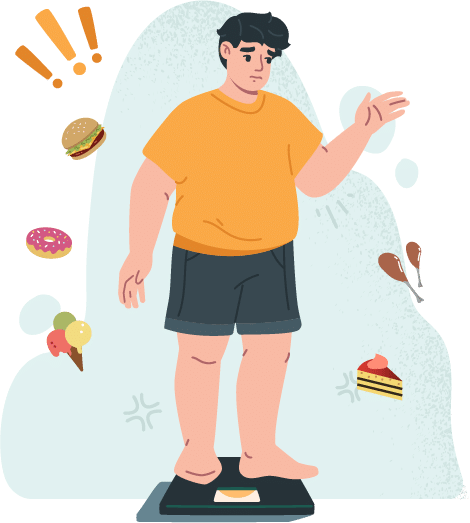
Therapy and Counseling We offer for Eating Disorders
Cognitive Behavioral Therapy (CBT)
Dialectical Behavioral Therapy (DBT)
Mindfulness-Based Cognitive Therapy (MBCT)
Behavior Modification
Cognitive Therapy
Behavioral Therapy
Motivational Interviewing
Supportive Psychotherapy
Family Therapy / Marriage Therapy
Group Therapy
Person-Centered Therapy
Coping Mechanism Development
Why Choose CPG for Eating Disorder Treatment?
- All insurances accepted
- Same-day/walk-in appointments
- Therapy & Counseling
- Weekend appointments
- Medication management
- Multiple locations
- HIPAA-compliant telepsychiatry
- Personalized care plan
- Compassionate, stigma-free care
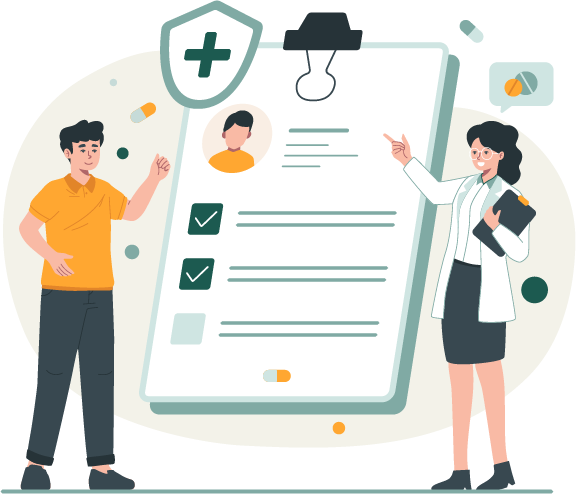
Restore Confidence and Self-Worth Today
Areas We Serve
Capital Psychiatry Group offers expert eating disorder treatment (therapy+medication) statewide, serving Newark, Ewing Township, Delran, Bayonne, South Plainfield, and Basking Ridge via telehealth and in-clinic care.
No matter where you are in NJ, our HIPAA-compliant telepsychiatry brings licensed psychiatrists & psychologists to you. Our convenient outpatient eating disorder clinics are always available to assist.


Frequently Asked Questions
Yes. We accept all major insurance plans, including Medicaid & Medicare. Our team also verifies your coverage benefits. If you have any questions, please call 609-323-5252.
Yes. Telepsychiatry has been shown to be as effective as in-person care for eating disorders, providing secure evaluations, medication management, and ongoing support from the comfort of home.
Yes. Our board-certified psychiatrists treat both adolescents and adults and help manage the symptoms of eating disorders with personalized treatment plans.
If available, we will schedule a same-day or next-day onsite appointment. If you are busy on normal days, then we also offer evening and weekend appointments.
If you're searching for an eating disorder specialist near me or want therapy for eating disorders near me, CPG is your trusted partner in managing the symptoms of all types of eating disorders. Our 6+ in-person clinics and secure telepsychiatry services are always ready to serve you. Call us today at 609-323-5252, and our human support team will find our clinic near you.
If you’re looking for outpatient eating disorder treatment near me in New Jersey, Capital Psychiatry Group is here with same-day/walk-in and weekend appointments. We deliver outpatient mental healthcare services online and through multiple clinics, so, we are here to help you take control of your eating habits and self-image.
